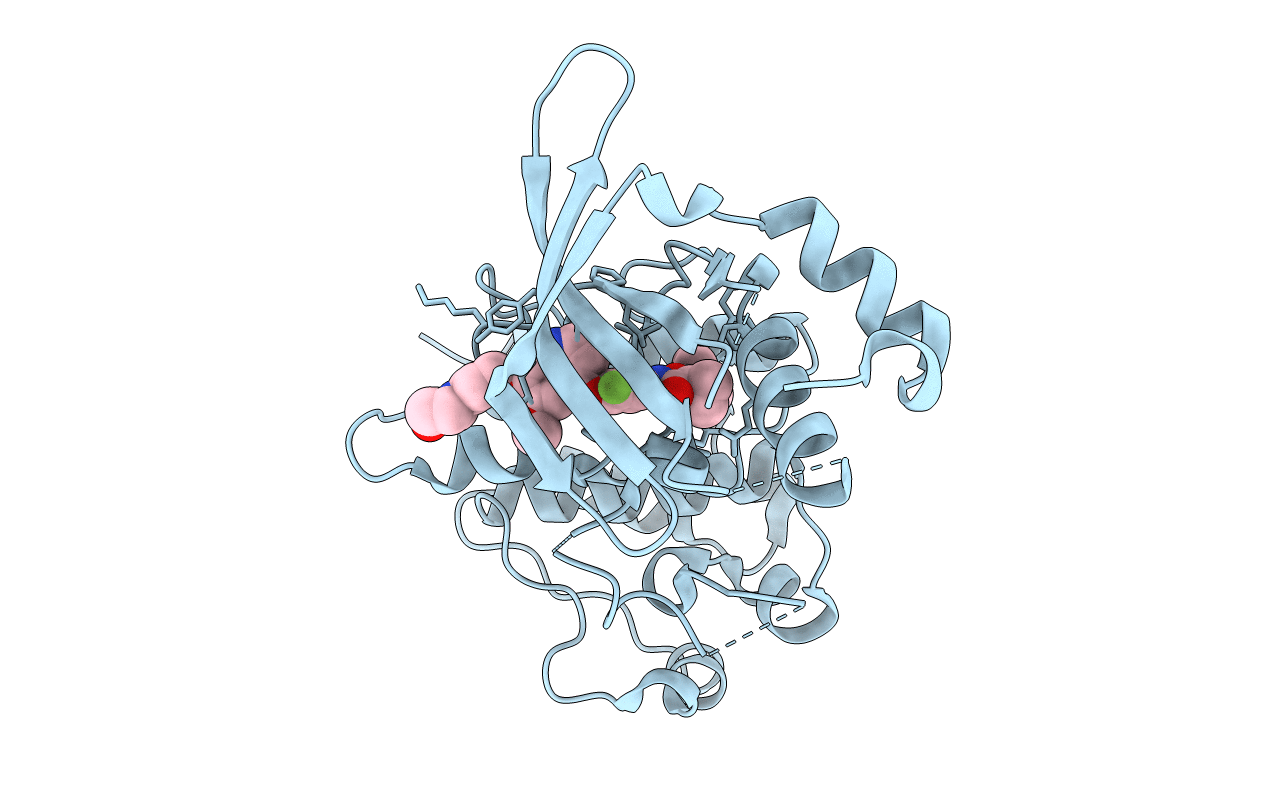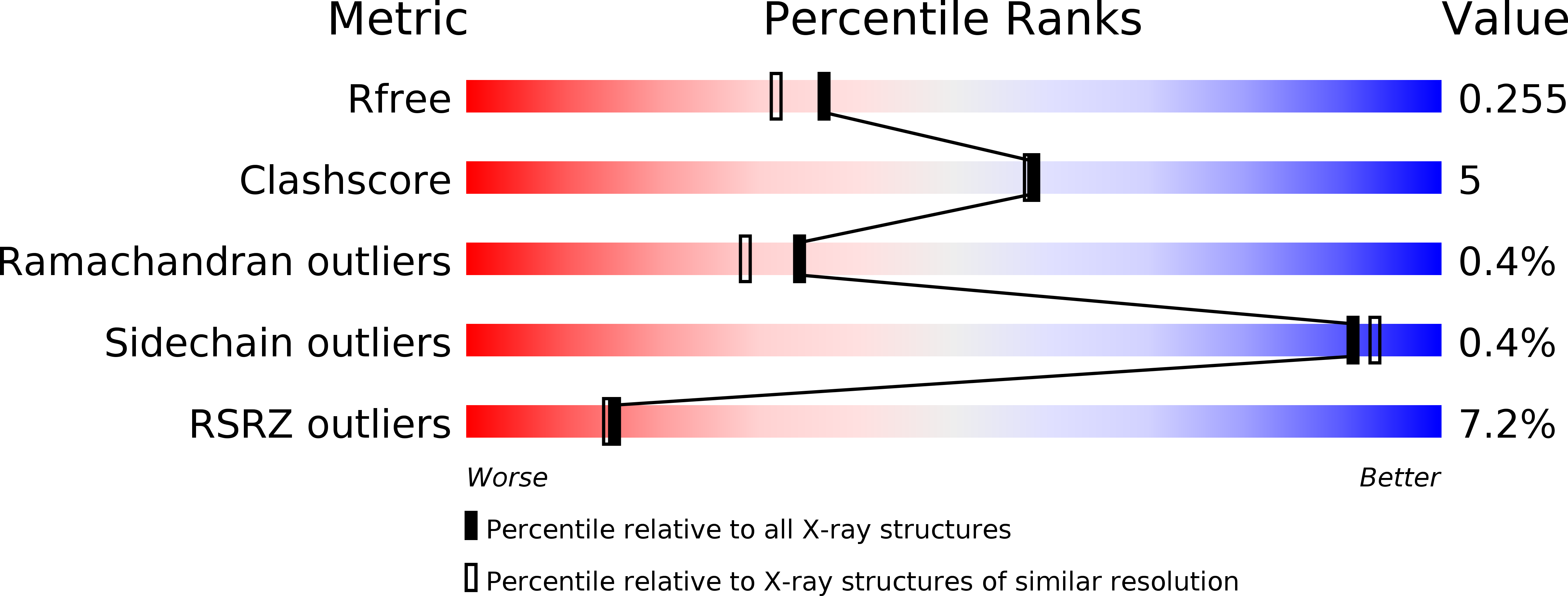
Deposition Date
2010-02-08
Release Date
2010-05-19
Last Version Date
2024-04-03
Entry Detail
PDB ID:
3LQ8
Keywords:
Title:
Structure of the kinase domain of c-Met bound to XL880 (GSK1363089)
Biological Source:
Source Organism(s):
Homo sapiens (Taxon ID: 9606)
Expression System(s):
Method Details:
Experimental Method:
Resolution:
2.02 Å
R-Value Free:
0.25
R-Value Work:
0.19
R-Value Observed:
0.19
Space Group:
P 1 21 1


